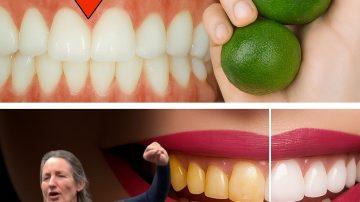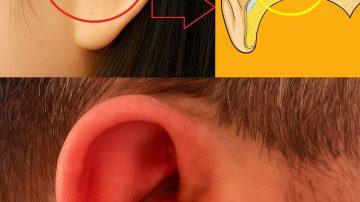The vitamin that is the subject of the most significant research regarding the reduction of proteinuria (excess protein in the urine, a key sign of kidney damage) and the support of kidney health is Vitamin D ($\text{Calciferol}$).
While no single vitamin can “repair” kidneys, Vitamin D plays a crucial role in mitigating risk factors and disease progression, especially in patients with Chronic Kidney Disease ($\text{CKD}$) and $\text{Diabetic}$ $\text{Kidney}$ $\text{Disease}$.

The Mechanism: Why Vitamin D is Crucial
People with chronic kidney disease often develop low levels of Vitamin D because the kidneys are responsible for converting inactive Vitamin D into its active form ($\text{calcitriol}$). When the kidneys are damaged, this conversion process fails.
Research suggests that Vitamin D helps the kidneys and the entire cardiovascular system through several “pleiotropic” (multi-systemic) effects:

- Reduces Proteinuria: Multiple systematic reviews and clinical studies have shown that $\text{active}$ $\text{Vitamin}$ $\text{D}$ $\text{analogs}$ (prescription forms) and sometimes native Vitamin D supplementation can significantly reduce residual proteinuria (protein in the urine that remains despite standard drug therapy). This is a critical outcome, as proteinuria is the main predictor of CKD progression.
- Renin-Angiotensin System ($\text{RAAS}$) Suppression: Vitamin D helps $\text{regulate}$ the $\text{RAAS}$, which is a hormonal system that, when over-activated, contributes to high blood pressure, inflammation, and further kidney scarring ($\text{fibrosis}$).
- Anti-Inflammatory Effects: Vitamin D acts as an $\text{immunomodulator}$ and $\text{anti-inflammatory}$ agent, which is essential because chronic inflammation is a major driver of kidney function loss.
- Podocyte Protection: Research suggests that active Vitamin D may help preserve the structural integrity of the $\text{podocytes}$—specialized cells in the kidney’s filtering unit that are damaged in proteinuric diseases like diabetic nephropathy.
Important Considerations for Kidney Patients

While Vitamin D is the primary vitamin linked to reducing proteinuria, it is crucial that patients with kidney issues never self-prescribe supplements.
- Form Matters: Patients with advanced $\text{CKD}$ (Stage 4 or 5) often cannot convert regular Vitamin D ($\text{D3}$) into the active form ($\text{calcitriol}$). They require prescription-only $\text{activated}$ $\text{Vitamin}$ $\text{D}$ $\text{analogs}$.
- Risk of Overdose: Unlike B vitamins, the fat-soluble vitamins ($\text{A, E, K, and D}$) can build up to toxic levels in the body when the kidneys are impaired. Excessive Vitamin D can cause dangerously high $\text{calcium}$ and $\text{phosphorus}$ levels, leading to soft tissue and blood vessel damage.
- Renal Multivitamins: Kidney specialists often prescribe special $\text{renal}$ $\text{vitamins}$ ($\text{B-complex}$ and a low dose of $\text{Vitamin}$ $\text{C}$) because water-soluble vitamins are lost during dialysis, while fat-soluble vitamins and certain minerals (like $\text{potassium}$ and $\text{phosphorus}$) must be heavily restricted.
Always consult a nephrologist or registered dietitian specializing in renal health before starting any Vitamin D or other dietary supplements.






